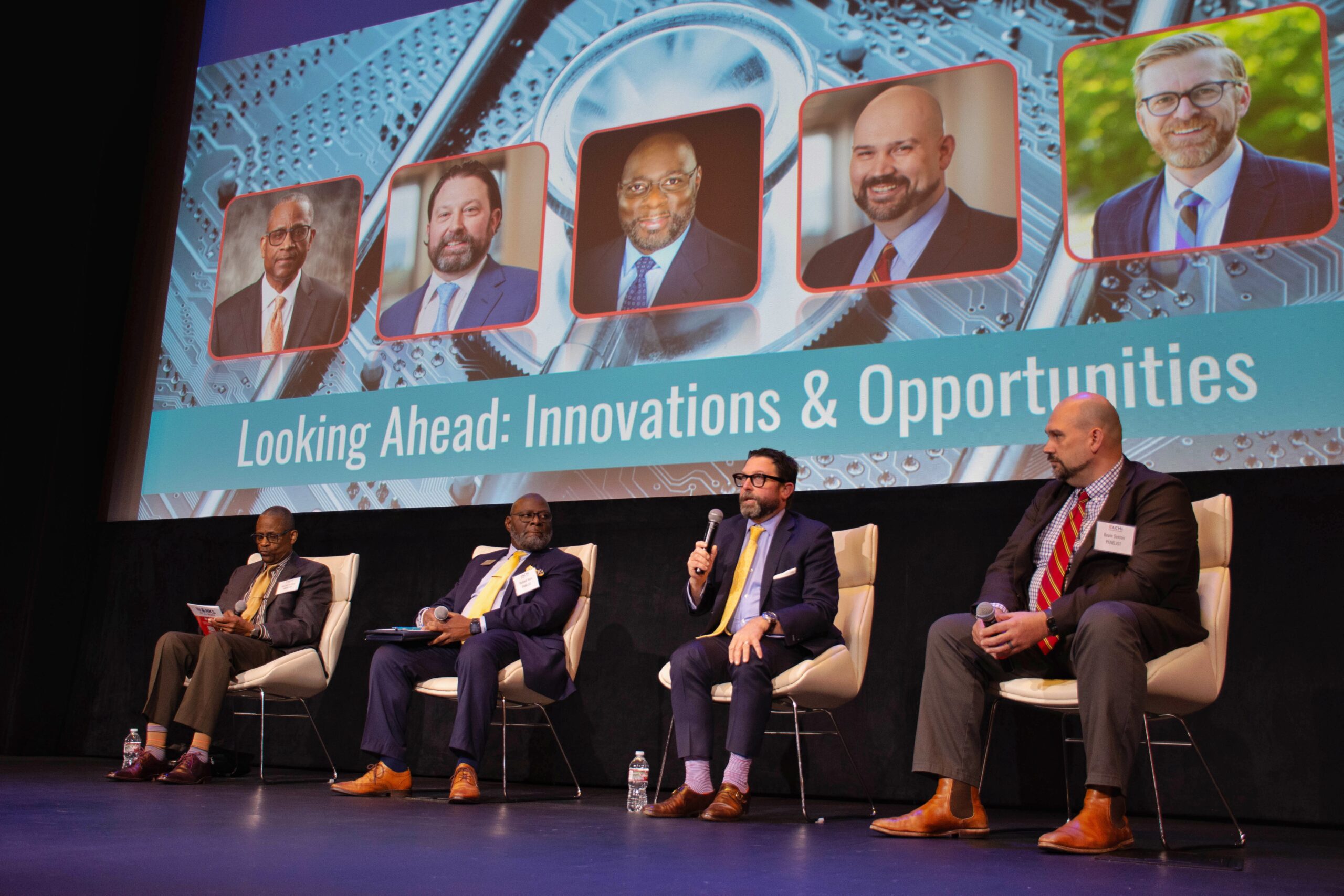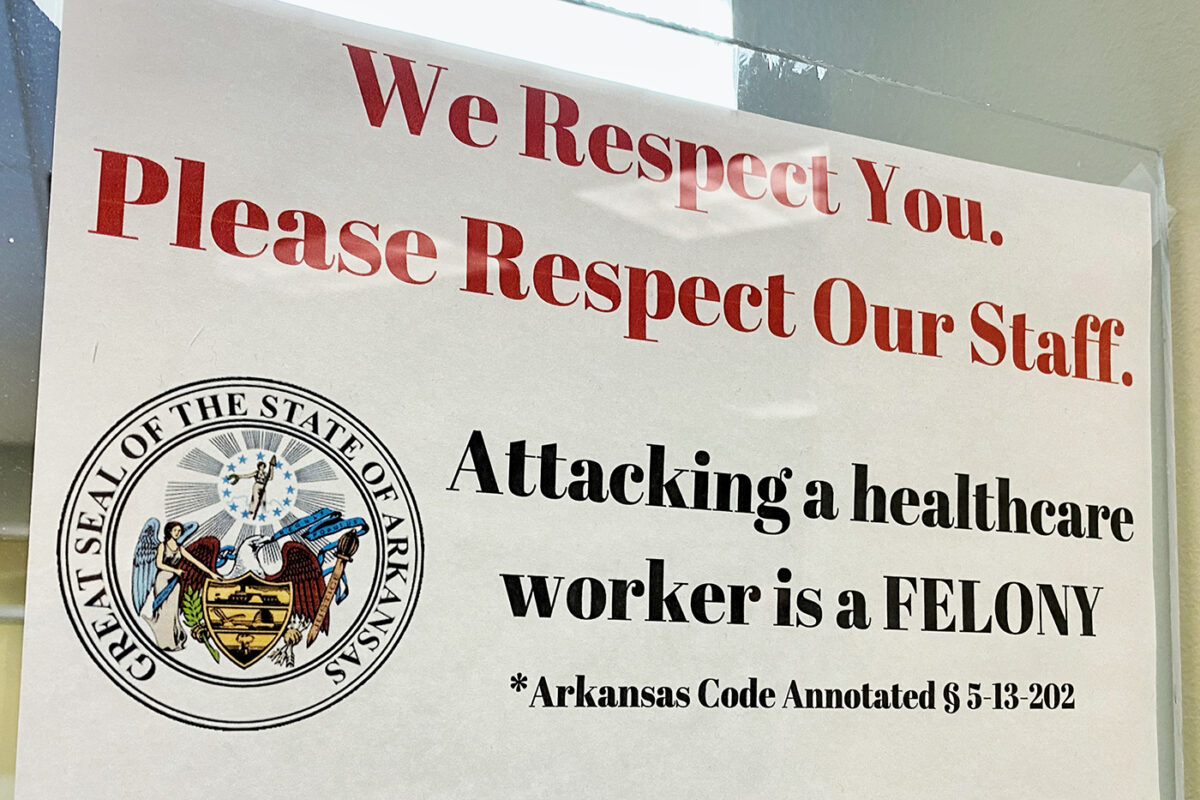Titled “Looking Ahead: Innovations and Opportunities,” the discussion was part of a symposium exploring the future of heath care in Arkansas and marking ACHI’s 25th anniversary as a catalyst for improving the health of Arkansans. Here are some key takeaways from the discussion:
- The future of artificial intelligence and other new technologies in health care is not about replacing current healthcare resources, but instead integrating these technologies into existing teams to deliver better outcomes for patients. Stuart Irby, Stephens’ senior vice president of health and life sciences, described several companies focused on providing virtual healthcare services that went to market during the pandemic and eventually failed because they overlooked the value of human interaction in the healthcare delivery experience.
- For health tech startups to succeed here, Arkansas needs to develop some kind of infrastructure as a service to help entrepreneurs overcome the initial roadblocks to starting a healthcare technology business. BioVentures President Dr. Kevin Sexton said those challenges include a high regulatory burden, the inability to access electronic medical records without a partner, and limitations on testing how users could interact with a new system. Sexton said access to infrastructure as a service could help mitigate many of those roadblocks while also benefitting many of Arkansas’s rural hospitals that may not already have the information technology infrastructure in place to benefit from new technologies.
- Beyond new technologies, Arkansas needs to develop the workforce to support the future of health care. That means training everyone from nursing assistants to surgeons in the use of artificial intelligence and other innovations within their respective practices, according to Richard Moss, dean of fine arts, humanities, and social sciences at the University of Arkansas Pulaski Technical College.
- Virtual care and the integration of artificial intelligence into the healthcare model could help address Arkansas’s rural healthcare access needs. Dr. Harold Betton, chief operating officer for the Arkansas Medical, Dental and Pharmaceutical Association’s board of directors, noted that Arkansas still has many who need health care but cannot access it. Betton said if we can improve the current model of communication for virtual care, emerging technologies could help alleviate that need.
The symposium was an opportunity to bring leading minds from across industries together for crucial conversations around the intersection of technology and health care. To listen to other conversations from our event in Little Rock and a similar symposium we held in Fayetteville, visit our archive page for The Future of Health Care in Arkansas.








